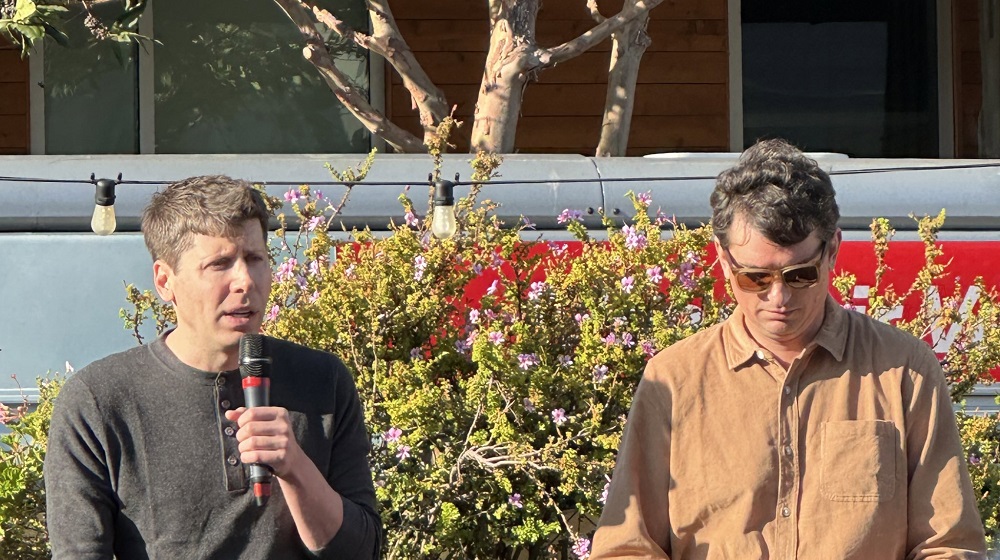At an event on Monday, OpenAI CEO Sam Altman stated that GPT-5 and GPT-6 will offer improved reliability, personalization, and multimodal outputs but will still fall far short of AGI, according to at least two event attendees, who shared their accounts of the event on X (formerly Twitter).
The comments coincide with OpenAI’s recent announcements, including the latest version of its image generation model, DALL-E 3, built natively into ChatGPT, along with the introduction of new voice chat and image features for ChatGPT.
AGI, or artificial general intelligence, in simple words, is a form of AI capable of performing all the intellectual tasks humans do, including thinking, learning, planning, communicating in natural language, and adapting to new situations much like humans can. In OpenAI’s words, AGI refers to highly autonomous systems that outperform humans at most economically valuable work.
The AI firm’s mission is to ensure that AGI benefits all of humanity, “We will attempt to directly build safe and beneficial AGI, but will also consider our mission fulfilled if our work aids others to achieve this outcome,” notes their charter.
In another recent conversation, the OpenAI CEO stated that he sees a path towards ChatGPT, becoming a super cognitive assistant, without sharing further details.
The latest remarks were made at Y Combinator’s reunion in San Francisco, which took place on Monday and was attended by over 2,700 founders who have been part of the accelerator. It’s important to note that the remarks made by Sam Altman were not posted by OpenAI or Y Combinator themselves, but Y Combinator reposted one of the posts that recounted Sam’s remarks. The OpenAI CEO was the President of Y Combinator from 2014 to 2020.
According to details shared by Iba Masood, the founder of a Y Combinator-backed AI startup who was present at the event, Sam also mentioned that the focus with future models is on reducing costs and increasing reliability.
“So far, scaling laws have applied to large language models; it’s been a transistor-like moment akin to Moore’s Law. Scalability and market forces will enable models and the GPT API to become more cost-effective,” Iba posted, recounting Sam’s remarks at the event.
In terms of areas where he hopes to see more AI research, Sam mentioned the potential of AI medical advisors, which could unlock significant value for society, and AI personalized one-on-one tutors that could provide teaching and tutoring at a hyper-personalized scale.
OpenAI filed trademark application for GPT-5 in July but the OpenAI CEO has stated in different interviews that GPT-5 is not on the horizon for now, and the company is focused on making various enhancements to GPT-4.
We’ve reached out to OpenAI for more details on the comment made by their CEO and will update the story if we hear back from them.






